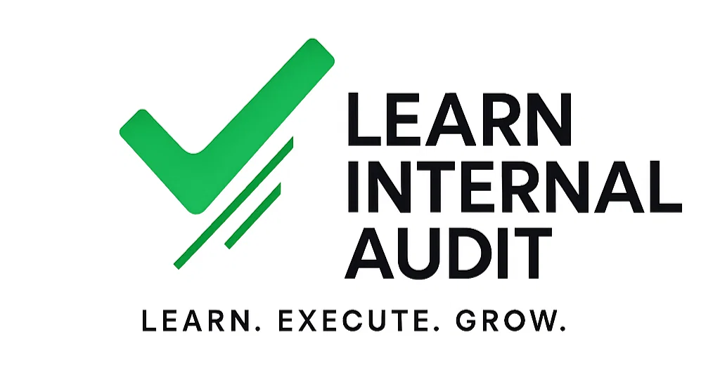Are you an aspiring internal auditor or finance professional wondering how to become a Certified Internal Auditor (CIA)? You’re not alone. Thousands of professionals across India are looking to upskill through globally recognized certifications, and CIA by The Institute of Internal Auditors (IIA) remains the gold standard.
This guide covers everything you need to know about the CIA certification in India — including its duration, eligibility, cost, syllabus structure, and how you can best prepare to clear it successfully.
CIA Course Duration
One of the most commonly asked questions is: How long does it take to become a Certified Internal Auditor?
The CIA certification is divided into three parts:
- Part 1: Essentials of Internal Auditing
- Part 2: Practice of Internal Auditing
- Part 3: Business Knowledge for Internal Auditing
The average time candidates take to complete all three parts ranges between 6 to 18 months, depending on their background, study pace, and availability.
According to this guide by the IIA, candidates have a total of three years from the date of application approval to complete all parts.
If you’re working full time, a realistic target is to prepare for one part every 3–6 months.
CIA Exam Eligibility Criteria
To apply for the CIA exam, you must meet one of the following education + experience combinations:
| Education Level | Work Experience Required |
| Bachelor’s Degree (or higher) | 12 months of internal audit or related experience |
| Active student in final year | Experience required before certification |
| Associate degree or A-Level | 60 months of experience |
Experience must be verified by a CIA, CGAP, CCSA, CFSA, CRMA, or supervisor.
CIA Exam Fees & Cost (India)
The total cost of the Certified Internal Auditor program can vary depending on whether you are an IIA member or non-member. Here is a general breakdown:
| Fee Component | IIA Member | Non-Member |
| Application Fee | $115 | $230 |
| Part 1 Exam | $280 | $395 |
| Part 2 Exam | $230 | $345 |
| Part 3 Exam | $230 | $345 |
| Total | $855 | $1315 |
Please note, these are global fees. In India, some local institutes such as AIA India also offer bundled training packages including study materials.
Certified Internal Auditor Course – Syllabus Overview
Part 1: Essentials of Internal Auditing
- Foundations of Internal Auditing
- Independence and Objectivity
- Proficiency and Due Professional Care
- Quality Assurance and Improvement Programs
- Governance, Risk Management, and Control
- Fraud Risks
Part 2: Practice of Internal Auditing
- Managing the Internal Audit Activity
- Planning the Engagement
- Performing the Engagement
- Communicating Engagement Results
Part 3: Business Knowledge for Internal Auditing
- Business Acumen
- Information Security
- Financial Management
- Global Business Environment
For detailed curriculum information, visit PwC Poland’s CIA program overview.
How to Prepare for Certified Internal Auditor: Best Route for Beginners
If you’re new to internal audit or transitioning into the role, jumping straight into CIA prep might feel overwhelming. That’s why it’s recommended to first build a strong foundation.
Start With Practical Training First
Before you start CIA prep, consider completing a course that covers fundamentals of internal auditing like:
- Internal audit process walkthroughs
- Corporate governance & internal controls
- Risk control matrices & audit planning
- Documentation and reporting techniques
You can explore our Advanced Internal Audit Course — designed by experienced auditors and aligned to CIA standards. It includes real-world checklists, templates, report samples, and step-by-step execution strategies that help you move beyond theory.
Then Switch to CIA Review
Once you’re confident with audit execution basics, you can begin CIA-specific preparation using official materials like IIA’s Gleim, Hock, or Wiley CIA Review.
Still comparing options? See this summary from Shiksha.com for more details on Indian providers and packages.
Final Tips
- Get your IIA membership for discounted exam fees.
- Schedule one part at a time based on your workload.
- Use official review materials and mock exams.
- Build your internal audit fundamentals first if you’re a beginner.
Ready to Get Started?
If you’re looking to start your Certified Internal Auditor journey with practical internal audit knowledge, enroll in our beginner-friendly, career-focused course:
Advanced Course on Internal Audit – Enroll Now
It’s the perfect bridge between your academic learning and professional certification.

